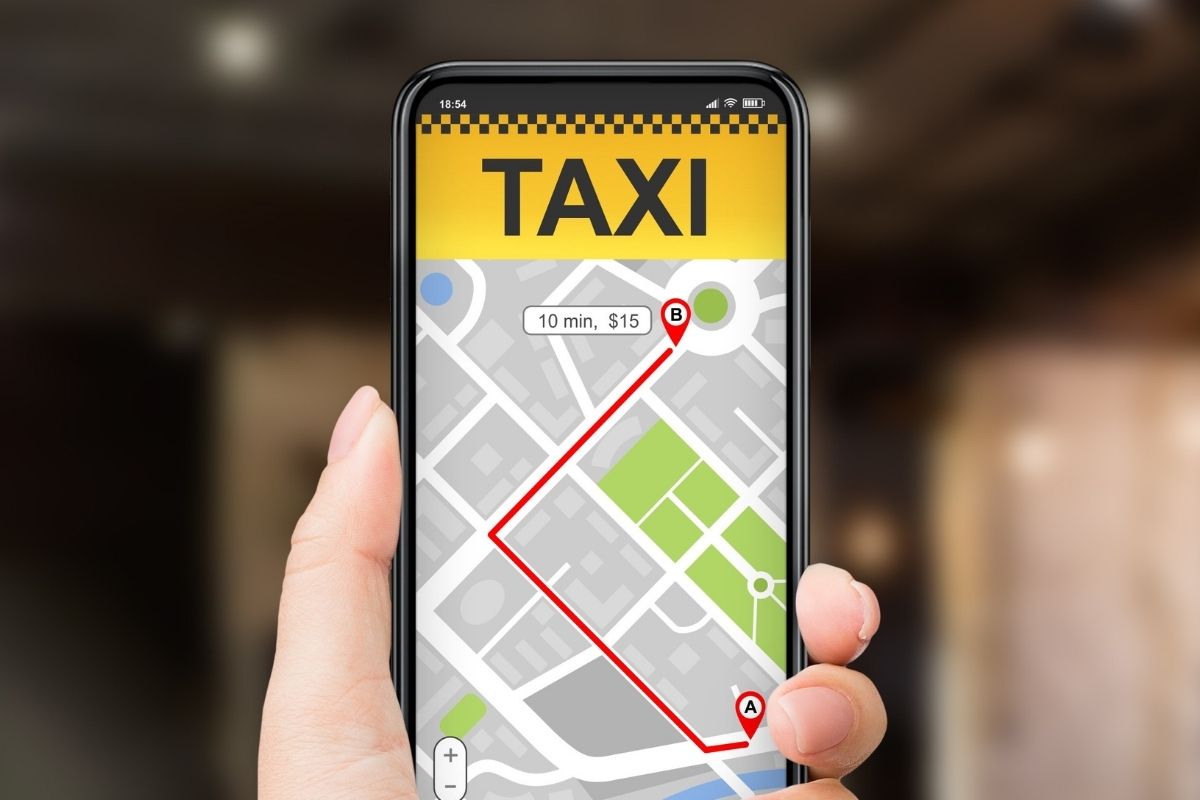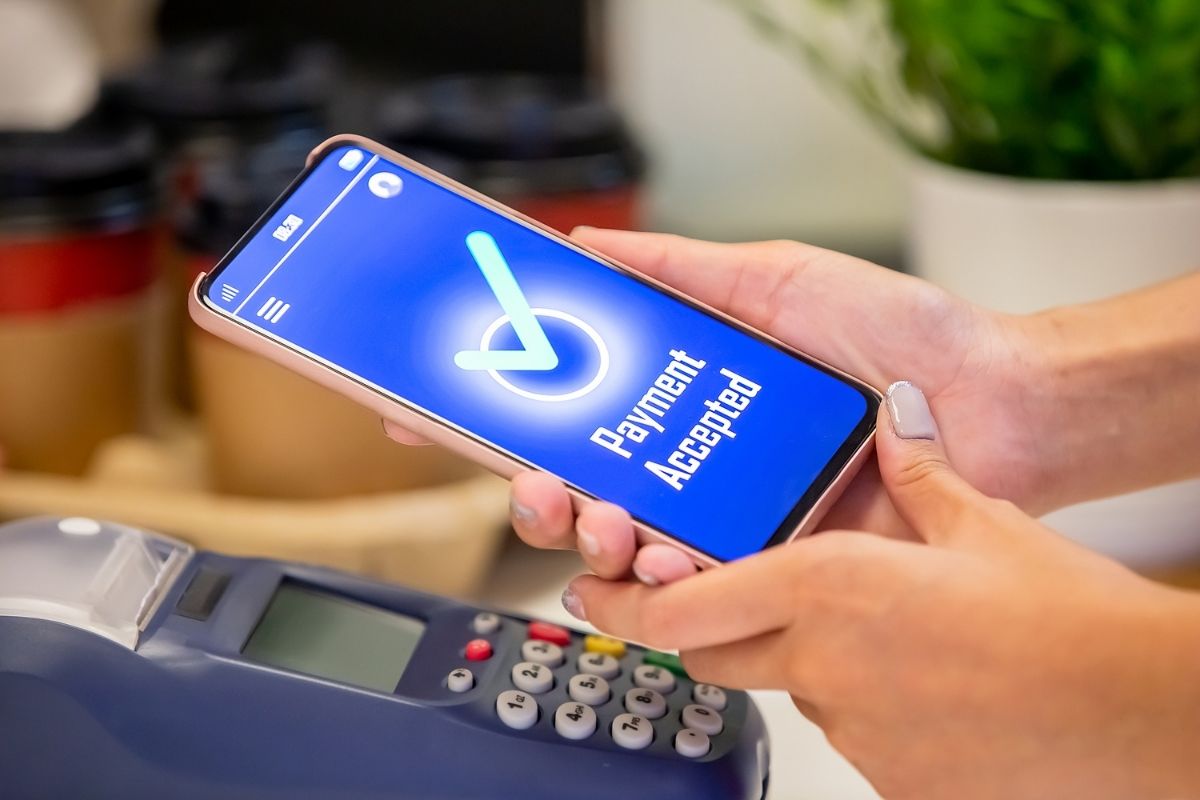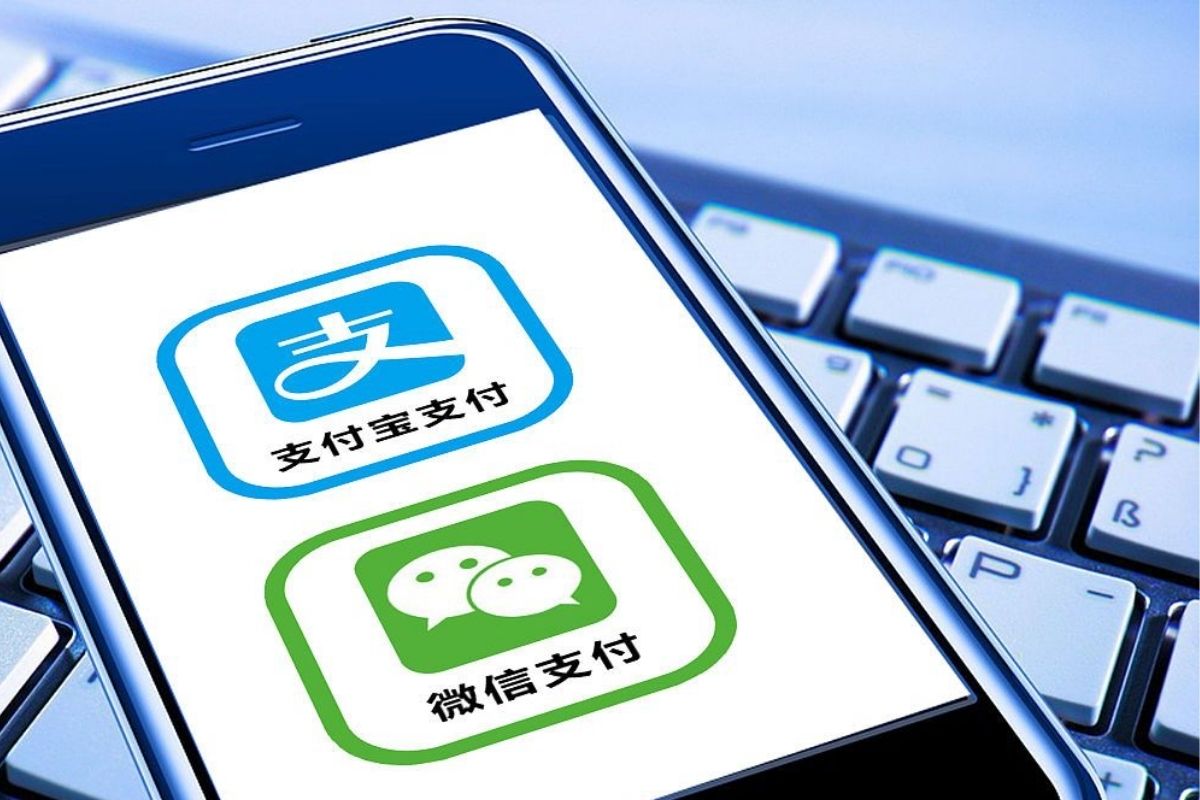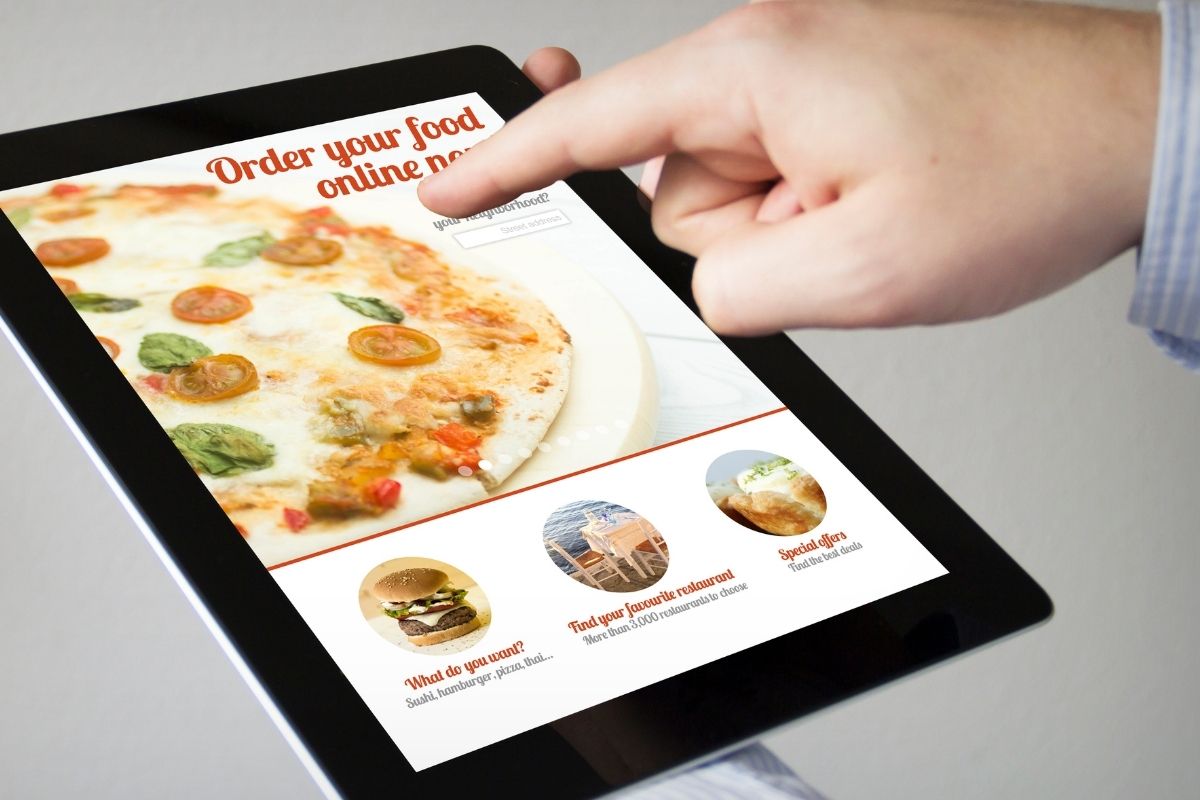Did you cram “nǐ hǎo(Hello)”, “wǒ jiào…(My name is...)” and “zhè gè duō shao qián?(How much is it?)” until you could recite them in your sleep, feeling fully prepared for China? But as soon as you get into a taxi, scan a QR code to order food, or use your phone at a subway turnstile, you'll realize the real challenge is just beginning. Today, we're sharing 10 essential phrases that every international student needs to smoothly navigate daily life in China and handle any situation with confidence.
1. --手机尾号多少?
Shǒujī wěihào duōshǎo?
--What are the last four digits of your phone number?
In China, getting a ride through an app is super common. To confirm it’s you, drivers usually ask for the last four digits of your phone number. Have them ready, and when the driver asks, simply say the last four digits—you’ll be all set.

2. 师傅,前面靠边停。
Shīfu, qiánmiàn kàobiān tíng
= Sir, please pull over to the side up ahead.
In China, calling your driver “shīfu” is a polite local custom you’ll hear everywhere. If your drop-off point is a bit before your actual destination, say this sentence, and the driver will pull over for you.

1. 扫码支付 or 出示付款码 Sǎomǎ zhīfù / Chūshì fùkuǎn mǎ
= Scan the code to pay or Show the payment code
China leads the world in mobile payment adoption. With small vendors such as market stalls or fruit stands, you’ll find their QR code displayed for you to scan and pay. In supermarkets or restaurants, you can simply show your payment code, and the cashier will scan it.

2. 微信还是支付宝?
Wēixìn háishì Zhīfùbǎo?
= WeChat Pay or Alipay?
In China, you’ll definitely hear this phrase quite often! Here, mobile payments have covered almost every scenario, with WeChat Pay and Alipay being the two most commonly used payment tools. Some shops may only accept one of them, so it’s always a good idea to ask in advance.

1. 扫码点餐 Sǎomǎ diǎncān
= Please scan the QR code to order
At numerous restaurants in China, ordering is made effortless through a simple scan of the QR code on your table. You can customize your order, specify taste preferences, and complete the payment process without speaking to the staff.

2. 这个辣吗?/ 不要辣 / 微辣 / 中辣 / 重辣
Zhège là ma? / Bù yào là / Wēi là / Zhōng là / Zhòng là
= Is this spicy? / No spice / Mild spicy / Medium spicy / Extra spicy
Chinese cuisine is known for its rich variety of spice levels, and it’s common for servers to ask how spicy you’d like your food. When dining at a canteen or street stall, feel free to let the vendor know your preference directly.
Tips: For most people, mild spicy is already quite good. Don't easily take on the challenge of extreme spiciness!

1. 我可以加你的微信吗?
Wǒ kěyǐ jiā nǐ de Wēixìn ma?
= Can I add you on wechat?
WeChat is the most widely used social app in China, and exchanging WeChat contacts is like swapping social business cards. Whether it’s a classmate, colleague, or new friend, this phrase is definitely the first step to starting a connection.

2. 1)我们AA吧。(Ordinary relationship)
wǒ men AA ba.
=Let‘s split the bill.
Tips: It’s common for classmates or colleagues to split the bill evenly.
2)我来付,下次你请!(Close friend)
wǒ lái fù , xià cì nǐ qǐng
= It’s on me this time. You can treat me next time!
In China, treating someone to a meal is a way to show how much you value the friendship. Saying “xià cì nǐ qǐng” not only makes it easier for the other person to accept your kindness, but also shows you’re looking forward to seeing them again.
Tips: In Chinese culture, sharing a meal plays a key role in building relationships. Never underestimate the impact of a simple meal.

1. 老师,可以把这节课的课件发给我吗?
Lǎoshī, kěyǐ bǎ zhè jié kè de kèjiàn fā gěi wǒ ma?
= Professor, could you send me the slides for this class?
At many universities in China, professors may not always upload course materials to online platforms. Most of the time, you’ll need to ask for them yourself. Just use this phrase, and your teacher will usually be happy to help!

2. 同学,我可以加入你们组吗?
Tóngxué, wǒ kěyǐ jiārù nǐmen zǔ ma?
= Hey, do you mind if I join your group?
Group projects are also a staple in Chinese universities. If you’re new and want to team up with others, using this phrase is a polite and natural way to fit right in.

Settling into life in China is easier and warmer than you might think! While mastering practical expressions and daily life skills will certainly help you navigate situations with more confidence, what matters most is having the courage to speak up and connect with people. This study abroad journey will surely bring you unexpected joys and discoveries. In this country full of everyday vibrancy, every cultural encounter becomes an opportunity to grow, and those small daily challenges are the valuable moments that make your experience truly one of a kind.